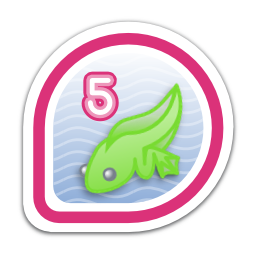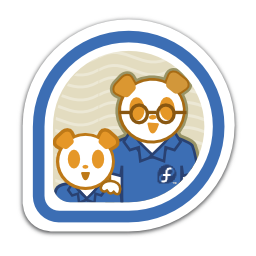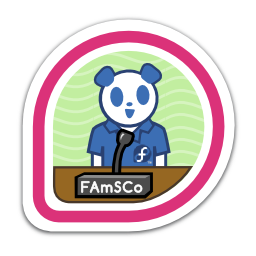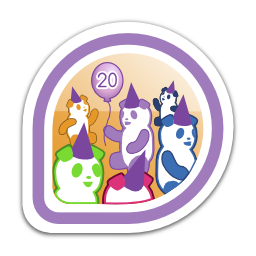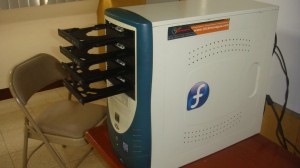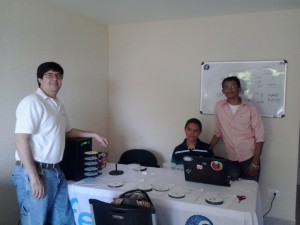I am not sure why am writing this. For once I know that true man do not ask directions. In the other hand against all philosophy of sharing and reusing the best code, true is that FUDCon LATAM sites never reuse what was done before.
The most important thing is that the results of the web site are not under only one person alone. Depend in the input from others, the request from event organizers, the time to spare, the help received, among other factors.
We had a beautiful site for FUDCon Managua 2014. We needed to show off who will come, what they will talk about, where this will happening and promote our sponsors. All this was accomplished. Plus we have registration and vote cast on talks to help us put together the schedule. All in all was a good site. I can go on talking the beauties of the site and why the new organizing team should use it. But, I think there are some issues that need to be considered for the next team.
Most of web sites do not have hard dead line. Event web sites are a special category, they do have hard dead line. You need to show people that you are serious and I don’t know why, having a website is a proof. Probably is following the saying: “If it is on internet, it should be true”.
The web site is how do you get sponsorship, how do you get other experts to join your speaker list, how do you get doors opened in universities to talk to students and how do you get attention from media. You need to list your sponsors, your topics and your speakers. Sadly, if you have foreign speakers you will get more attention. The sooner you got this in place, the sooner you can start getting things flowing. We had troubles with time. It is not one person fault, it was everybody fault.
But you can’t lie, so you have to mark those that are invited and those that have already confirmed. At some point you have to hide (erase) those who are not coming and accordingly hide (erase) they talks. This was an issue that were not implemented at the beginning, and the implementation was not aesthetics as it should.
Let’s take a small side track. When I was in the first steps of the free software community, I was invited to an event and asked to create a Launch Pad Ubuntu account. At that moment I didn’t mind. Six years after, if I am invited to give a talk in a conference, and they ask me to fill an account with their membership … well you know … I will say yes to everything and do nothing.
So I can’t ask local experts and expect that they create a FAS account to be on the event site. You can not build a site based on FAS, of course you are doing a Fedora convention. But you are asking favors. If everything go smooth, they may like to join fedora community. If I start by forcing them to create a FAS, they won’t. If I made that mandatory, I will loose local experts talks. My favorite phrase is “How I can help you help me”.
One issue that was spotted at last time was, that there was no name on talks, only the image of people that was going to give the talk.
Having a short time, affected the vote cast option. We had what can be considered more like an random sample rather than a statistical significant amount of data to support our schedule desitions.
Another issue, was that people doing multiple talks did not provide sequence. Most times this did not matter. But some cases was important. As the schedule was made based on votes, and having at one side the special request, not having this information made lot of problem at the event. It will be desirable to have a more complete output for the vote, to help people make the schedule.
The vote and the schedule was a first experience on FUDCon LATAM. This is a cultural issue. People want to know what they will attend. There is no culture for des-conferences. You can not count on all people having devices to vote on site. Not to mention the schedule nightmare that we had with the votes. Thus, the event would crash. And if you have too much people, you can not have the marking sheets. I remember once that there were some dark marking sheets, where mark had low contrast. I still think that for LATAM, the vote cast was a good idea and we failed in implementation. Failed in time and communication. It is something that we can built on. Pass this experience.
A good idea that got pending was the link to upload the slides. It was even includen in the booklet. Slides were not possible to be upload by each person giving a talk. They have to be collected in order to be uploaded using ssh. In the end, the slides were not collected. So, there upload bottle neck was not an issue.
I have to thanks Echevemaster for a beautiful site, with so many features and so much time invested. It was an amazing result for the time given. Lilixx did a nice touch with the slides. Axioma provide help. But all in all was Echevemaster brainchild. Best way to recognize this work is to reuse and improve the inner work for next FUDCon LATAM
